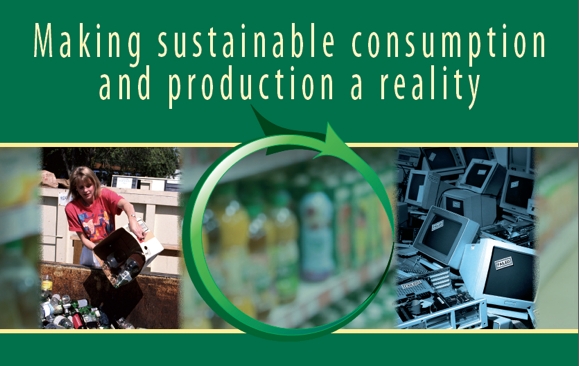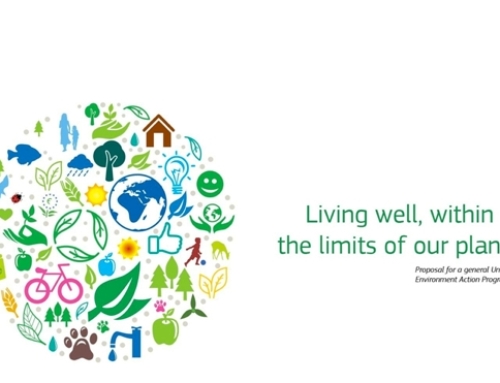A recent survey says 80% of Europeans would be prepared to change their purchasing habits and buy more environmentally-friendly products, but many feel they lack information and distrust manufacturers’ environmental claims. The European Commission Survey on the “Attitudes of Europeans towards building the single market for green products” indicates that more than three-quarters of respondents are willing to pay more for environmentally-friendly products if they were confident the products are truly environmentally-friendly (77%). Slightly more than half of EU citizens feel informed (55%) on the environmental impacts of products they buy and use.
Certainly, EU policy makers and citizens want to see more green products on shelves, but this survey shows that most of the people are confused by green claims and don’t trust them. That’s not good for consumers, and it is not rewarding those companies that are really making an effort. That’s why the EU Commission is working with companies and other stakeholders to develop the credible information consumers are looking for when they buy products. This will help open up new opportunities for innovation and investment in the green economy.
A large majority of EU citizens believes that buying environmentally-friendly products can make a difference to the environment (89%) and that they are as effective as regular products (74%). Confidence that products labelled environmentally-friendly are less harmful to the environment is highest in Portugal (84%), Malta (82%), France (81%) and Belgium (81%). Trust is significantly lower in Germany (44%), Romania (46%) and the Netherlands (47%).
Just over half of EU citizens generally trust producers’ claims about the environmental performance of their products (52%), but a majority of Europeans do not trust companies’ reports on their own environmental performance (54%). EU citizens are most likely to believe that they have come across exaggerated or misleading statements in Romania (40%), Bulgaria (40%), Greece (39%) and Latvia (37%). This belief is least common in Malta (17%) and Estonia (20%). There is nonetheless strong support for obliging companies to publish reports on their overall organization’s environmental performance and environmental performance of products (69%).
Across the EU, two-thirds of people (66%) would be willing to pay more for a product if its guarantee of reliability was extended to five years. More than nine out of ten respondents also think the expected lifespan of products should be indicated (92%). Almost half of all respondents had decided not to have a faulty product repaired in the past twelve months because the repair costs were too high (47%).
A considerable proportion of respondents believe that it is not safe to consume food products after its “best before” date (45%). This means that large amounts of edible food are wasted or thrown away every day. On the contrary, more than three-quarters of citizens in Sweden (81%), Austria (77%) and the United Kingdom (77%) believe that it is safe to consume food products after the “best before” date stated on the label. This view is shared by fewer than one in five citizens in Romania (14%) and Lithuania (17%).
On the one hand, companies wanting to highlight the environmental performance of their products face numerous obstacles. They are confronted with several different methods promoted by governments and private initiatives, and they are obliged to pay multiple costs for providing environmental information. On the other hand, consumers are confused by a multitude of different labels with information that makes products difficult to compare.
The Communication on Building the Single Market for Green Products, adopted by the European Commission in April 2013, launched a pilot scheme in which stakeholders will help create better ways of measuring environmental impact of products. This EU policy initiative should help enhance comparable and reliable environmental information within the EU market, all the while building confidence for consumers, businesses, investors and other stakeholders.
Information Source: European Commission, DG Environment.
We help our clients and partners address the most pressing economical, political, social and environmental challenges. If you want to learn more about our sustainability practices, please Contact Us for an initial introductory consultation to discuss what management and communications systems you may need for complete sustainability legislative and regulatory compliance, and better measurement and reporting of TBL performance.








Leave A Comment
You must be logged in to post a comment.